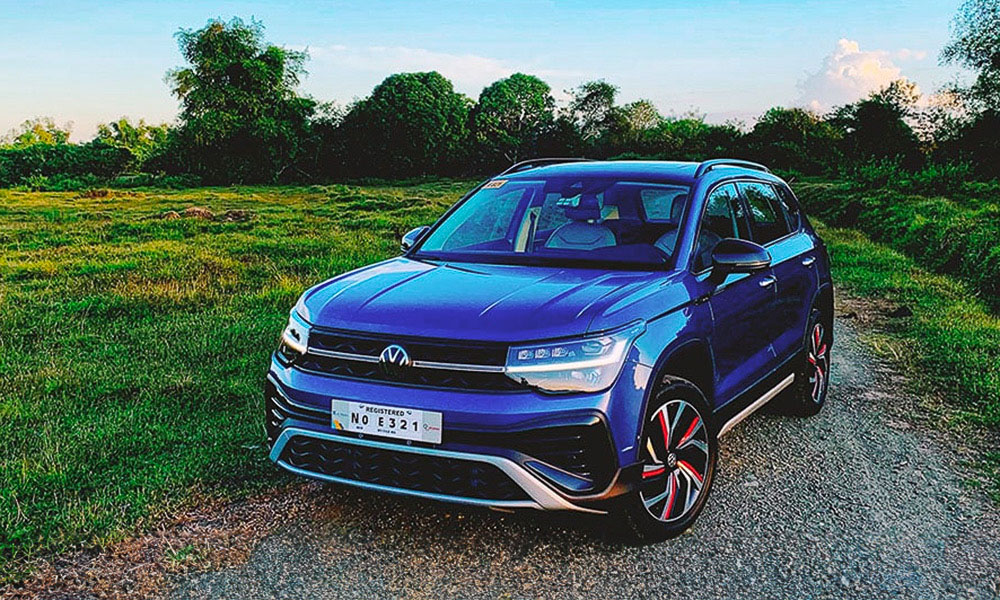
The market has no shortage of choices for SUVs. Practically every brand out there has at least one entry, with Chinese-made crossovers tempting buyers with very competitive pricing, while the Japanese and Korean makes soldier on with their reputation for reliability and after-sales support.
The best-selling Territory is earning its keep with Ford, even though it’s actually a Chinese joint venture sold with a more prestigious American badge.
And then, we have the Tharu, which—like all recent Philippine-market Volkswagens—is sourced from China and manufactured by SAIC. Yet it doesn’t have a bargain basement price tag: P1,945,000 for this SEL.
At first blush, it seems like wishful thinking to price a Chinese-made car that high, but an extended drive reveals the logic of such a strategy.
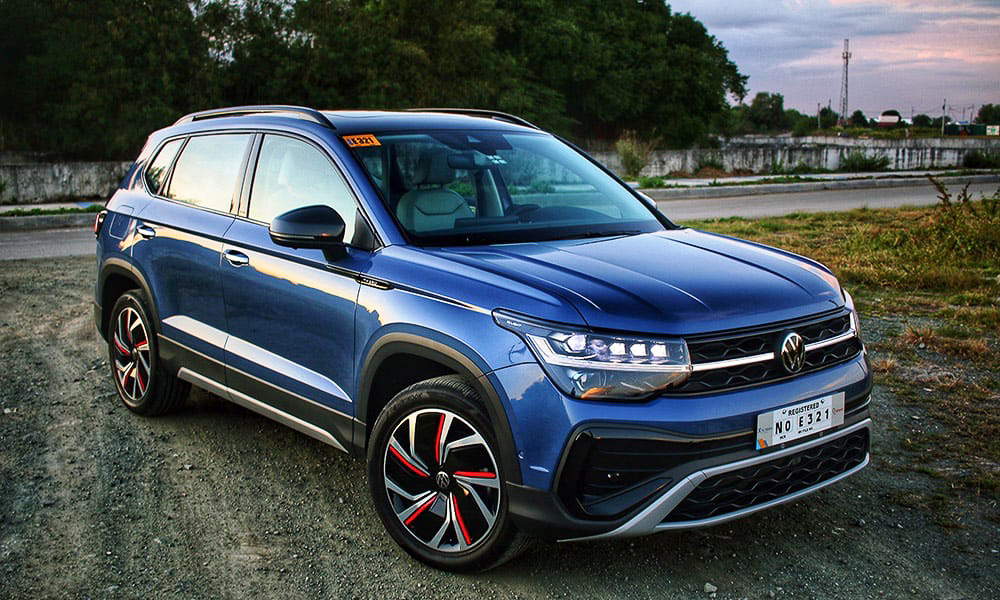
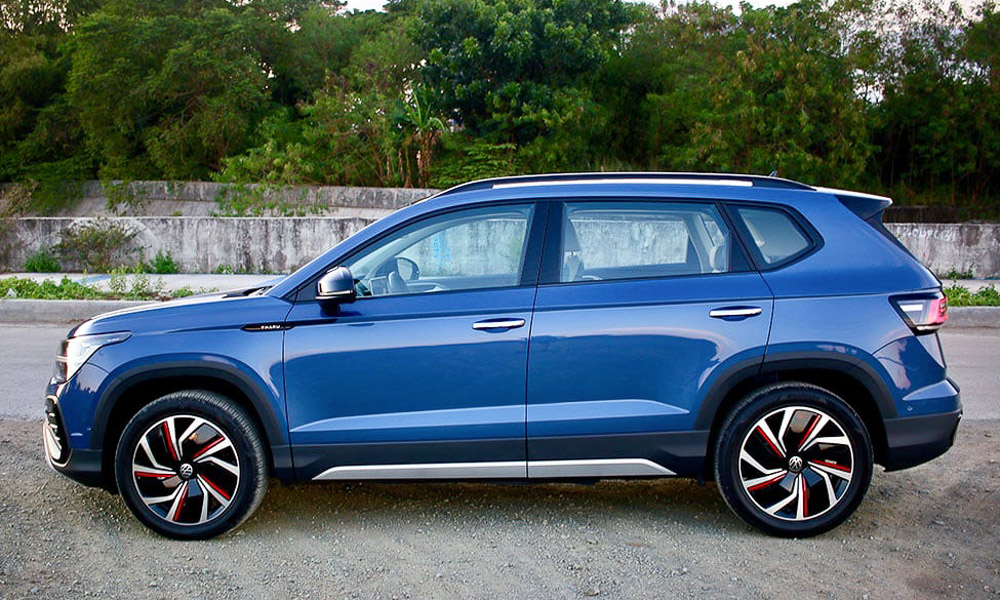
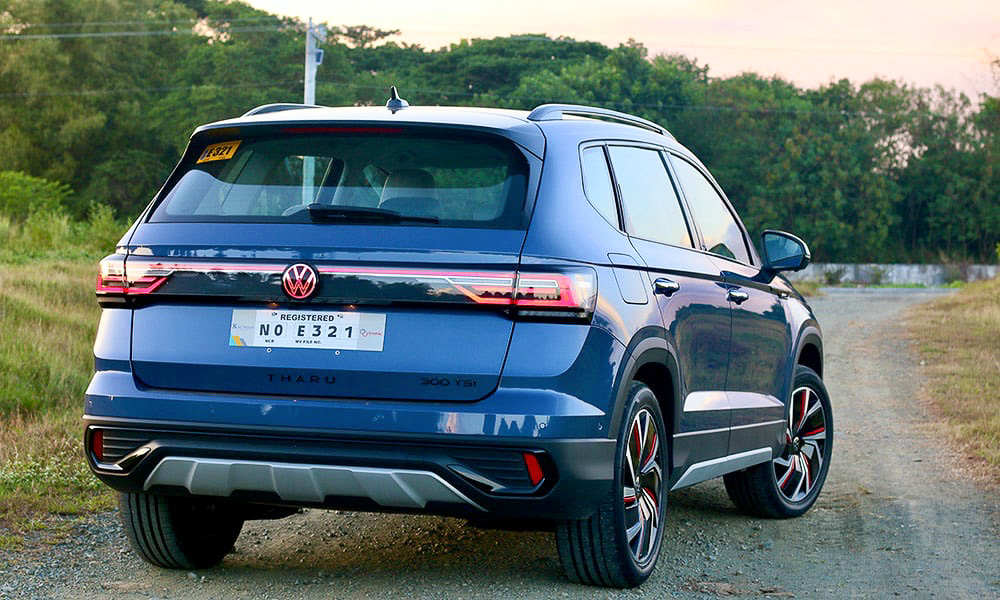
Just looking at the brochure, there’s nothing there that you can’t find in any of its competitors. Power adjustable seats, 360° camera system, tire-pressure monitor, 10.25-inch Active Info Display instrument panel, 12-inch infotainment screen with gesture control, Apple CarPlay, et cetera.
You can find these gadgets elsewhere in varying degrees, and while our managing editor noted a “glaring lack” of advanced driver aids (read: nanny toys) like lane-keeping assist, that’s fine by me. One less system to deactivate every time you start the engine.
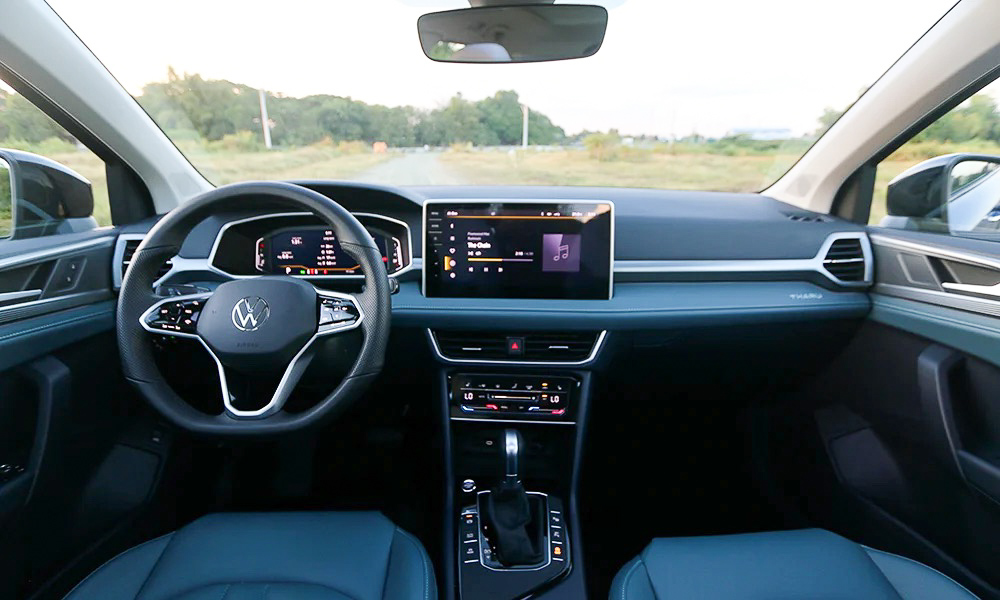
It still has Side Assist (aka blind spot warning) and Rear Cross-Traffic Alert, although the latter will just warn you with an urgent chirping rather than actively brake for you. This is also good because the Tharu—whether it’s made in China, Mexico, or Germany—is still very much a driver’s car.
Unlike a depressing number of cars these days that are going with automation to the point that they will practically do everything but drive themselves (although I heard that’s not far off in the future), the Tharu requires your active involvement.
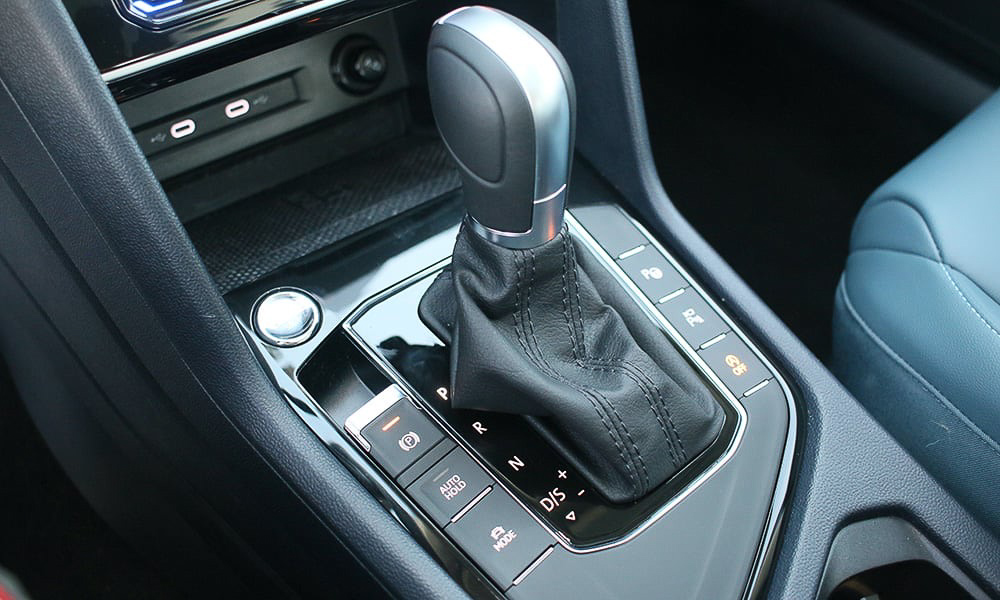
Set the engine mode to Sport, slot the pistol-grip shifter into manual mode, and prepare for a good time. As with all Vee-dubs of the past, the Tharu is an engaging companion. And whereas the smaller and cheaper T-Cross has a wonderfully sublime chassis let down by a gutless (albeit thrifty) engine, the Tharu has a decent amount of poke under the hood.
The 1.5-liter turbo in-line-four spools up quickly, and a flat torque curve lets you gather speed without the need for frequent trips to the redline. Do so, however, and you’re rewarded with a gratifying snarl that will remind you that you’ve still got a pulse even though you’re piloting a family car. It doesn’t guzzle gas either, netting 8km/L in city traffic.
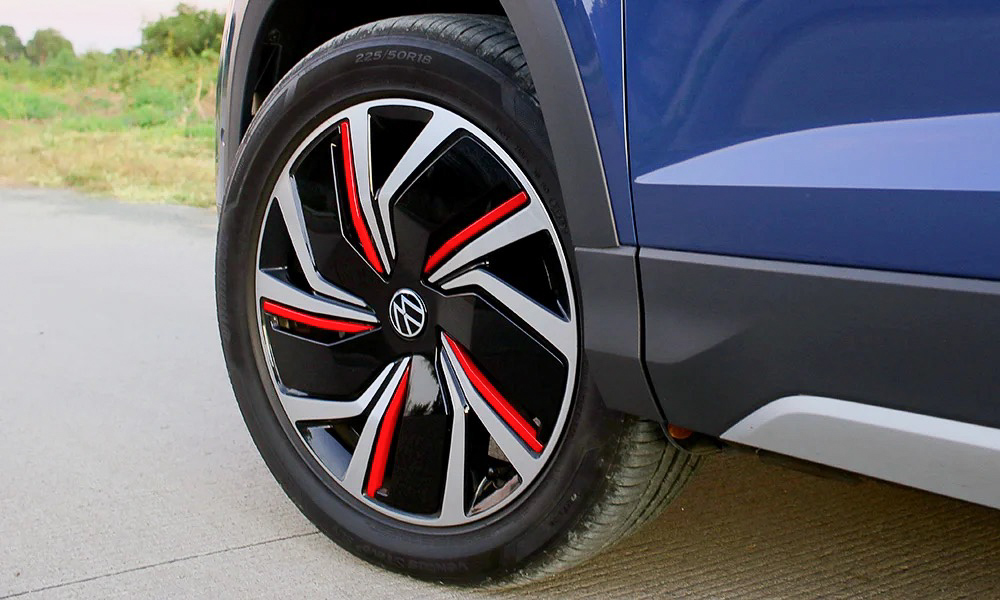
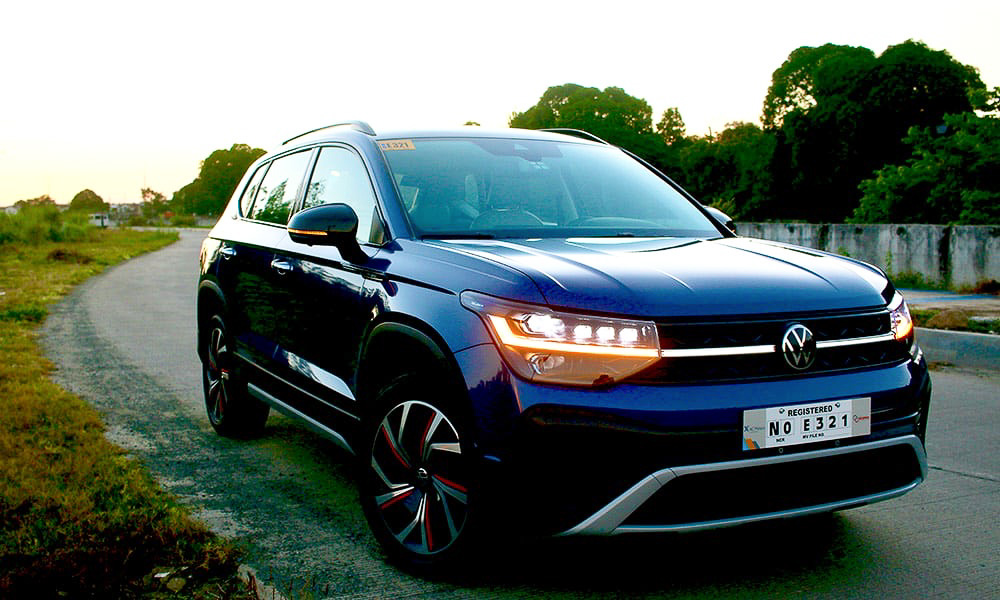
The chassis, as with all Volkswagens deserving of the name, lives up to its German DNA. It’s solid, quiet at speed, and flex-free. Do the door-slam test and it slams shut with a satisfying thud.
And well done, SAIC: This is also one Chinese-built SUV that doesn’t have pillowy suspension or spongy brakes. A substantial part of the money spent on a Tharu probably goes to the suspension, which uses good ol’ MacPherson struts in front but also a pricey four-link system at the back.
With firm shocks, 50-series Hankook Ventus tires around 18-inch wheels, and all-disc brakes, the Tharu is a joy to drive hard.
The steering is sharp, the body roll is modest and controlled, and the brake feel is linear and powerful. If it had a handbrake, I’d be over the moon and doing J-turns to rotate the car around for different angles in the photo shoot, but the e-brake is par for the course and probably what the focus group preferred. It is what it is.
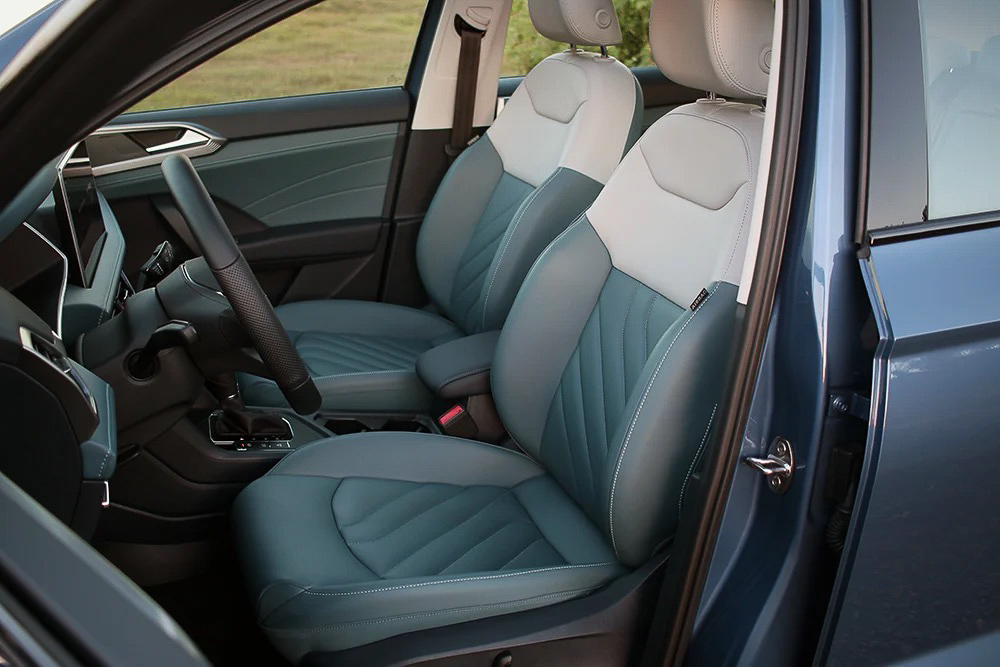
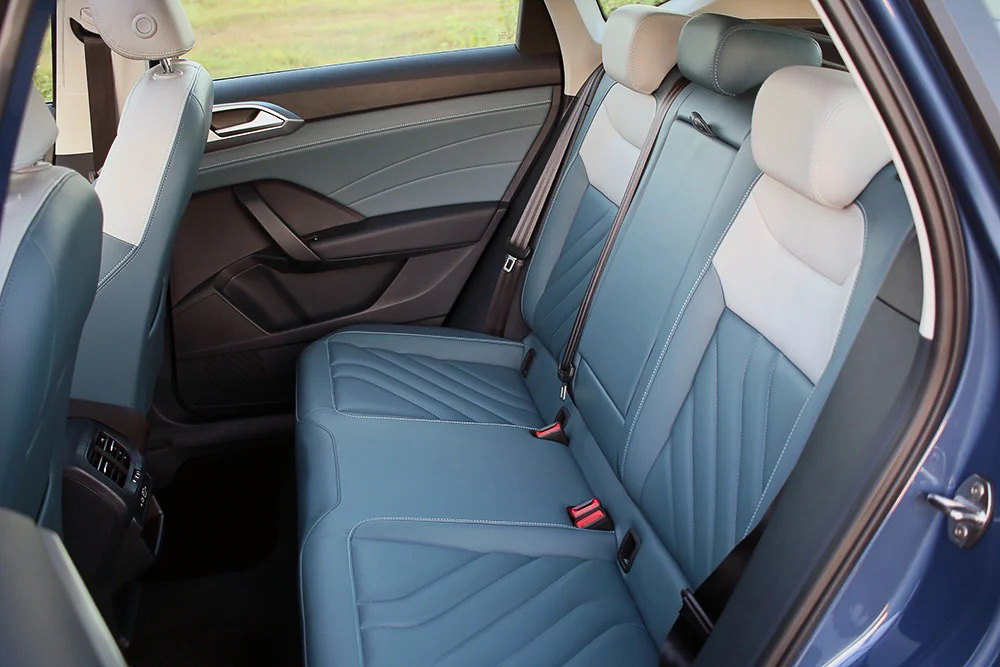
The Tharu’s classy, driver-oriented cockpit also helps in the fun factor category. You get big windows and clear sightlines all around; the seat cushion is firm; and, of course, you can set it just right with so many available adjustment buttons.
Familiarizing with the instrument panel and the touchscreen is intuitive and also fascinating. Setting the cluster to your preference is a little too fiddly, involving much trial-and-error with the steering wheel-mounted buttons, but the displays are handsome and no-nonsense.
There are no gratuitous graphics like you’d find in a Geely or a GAC, for example. Just that familiar amber dial-inspired treatment European cars have long been known for.
I especially like the capacitive touch switches for the climate control on a panel below the infotainment, and the stereo controls on the steering wheel. They’re more compact than physical buttons or dials (I think), and they have that cool factor that adds to your entertainment while you’re trapped in Carmaggedon.
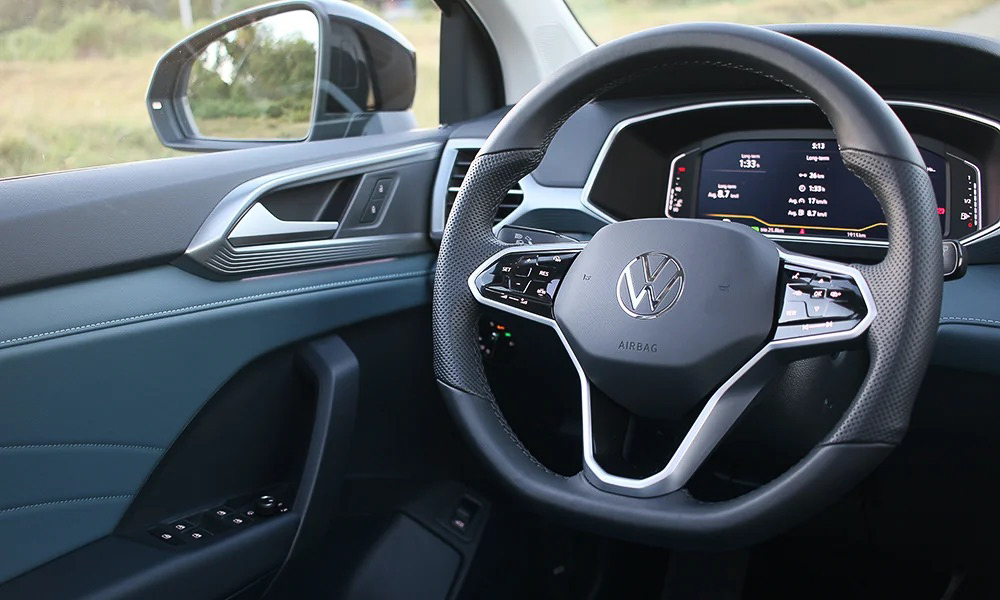
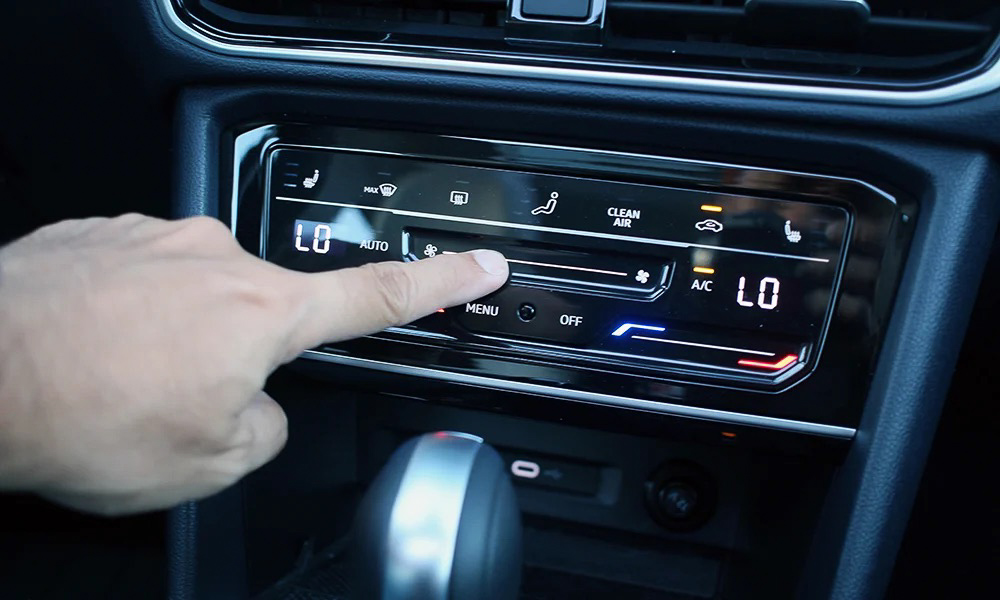
All other traditional crossover values are present and accounted for in the Tharu, plus a few bonus items: big cargo volume (1,543L with the rear seats down), panoramic sunroof, six-speaker stereo, seatbelt pre-tensioners, force limiters, side, curtain and front airbags, parking assist, and an auto tailgate system that opens if you swish your foot under the rear bumper.
It also has full LED lighting, including an adaptive front lighting system and matrix headlamps.
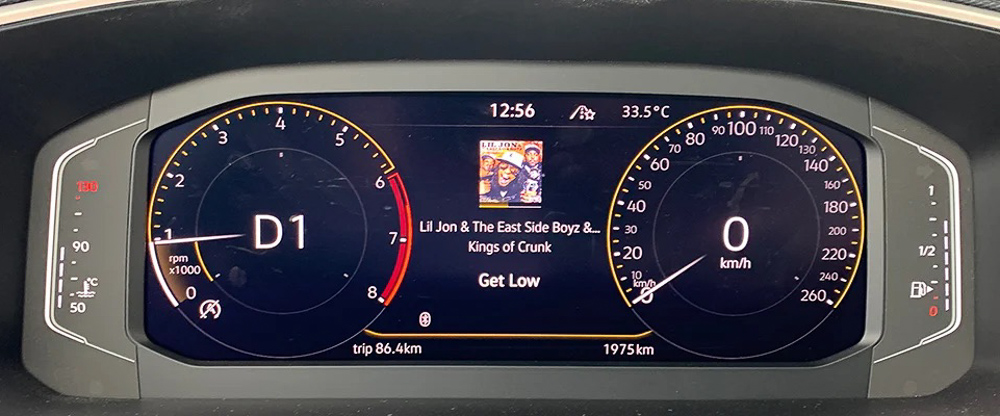
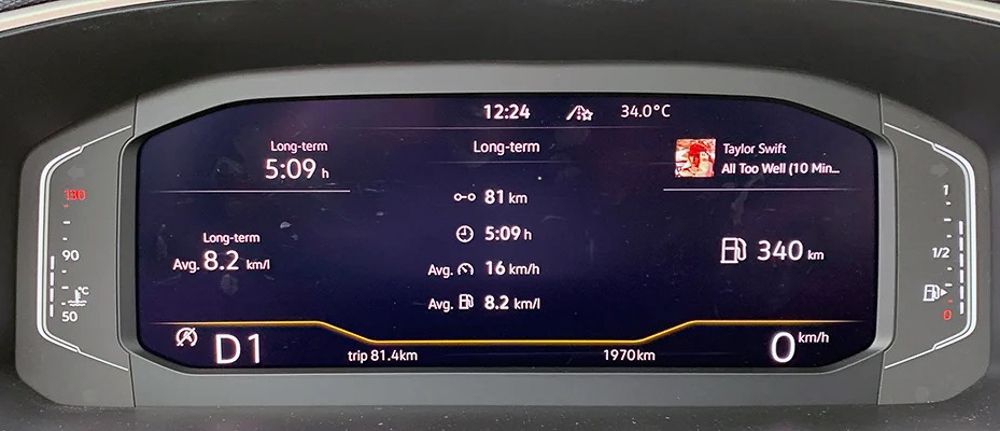
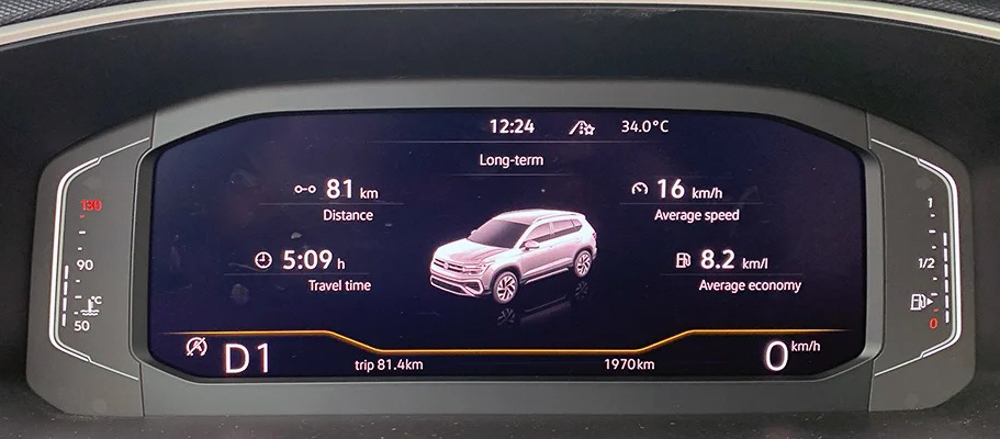
Again, these are items you could also find in other crossovers for less money, but the intangibles count, too. The quality of the paint is excellent, and the fit-and-finish inside and out is world-class. Tight panel gaps, no mouse fur carpeting, and it even smells nice.
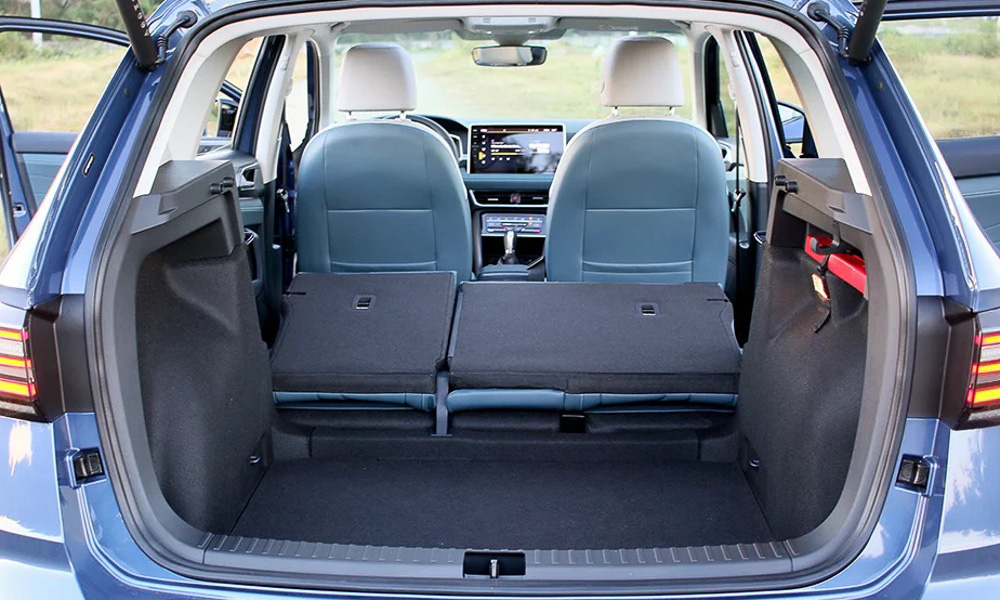
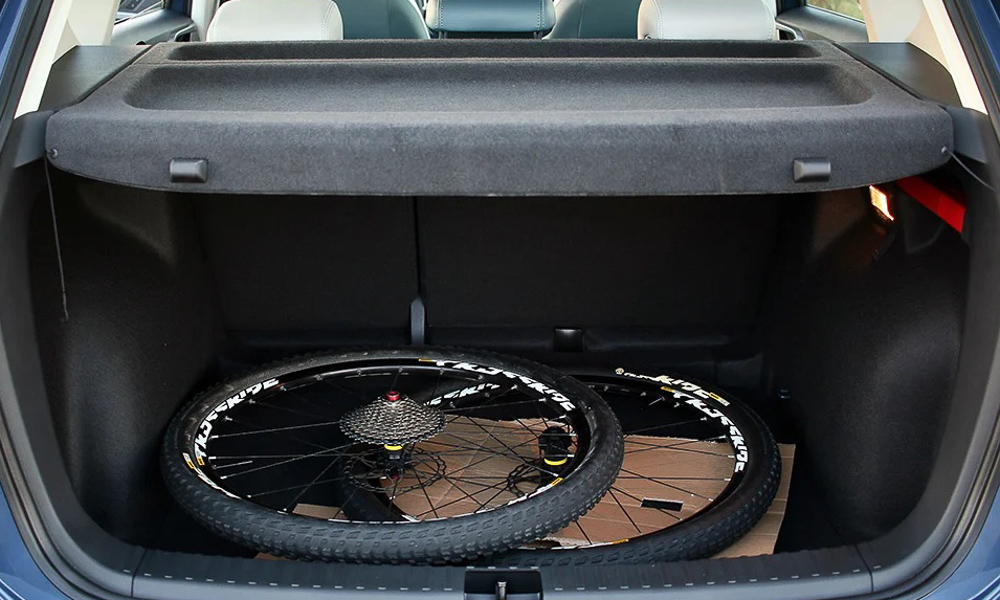
Volkswagen Philippines‘ decision to put premium pricing on the Tharu means you probably won’t see too many of these on the road, but that’s just as well. If you like to drive and want that Euro look and feel without paying Euro-level money, the Tharu is actually a pretty good deal.
VOLKSWAGEN THARU SEL
| Engine | 1.5-liter four-cylinder turbo gasoline |
| Transmission | 7-speed dual-clutch automatic |
| Power | 158hp @ 5,500rpm |
| Torque | 250Nm @ 1,750-4,000rpm |
| Dimensions | 4,458mm x 1,841mm x 1,632mm |
| Drive layout | FWD |
| Seating | 5 |
| Price | P1,945,000 |
| Upside | Impressive fit and finish. High fun-to-drive factor. Spacious interior means it’s still useful even while you’re driving the heck out of it. |
| Downside | No lane-keeping assist—in case that matters to you. |

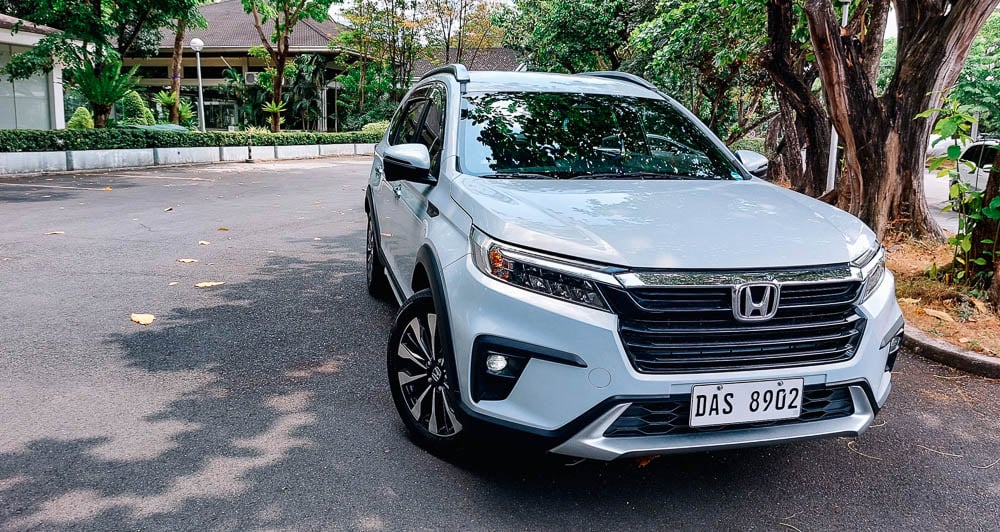
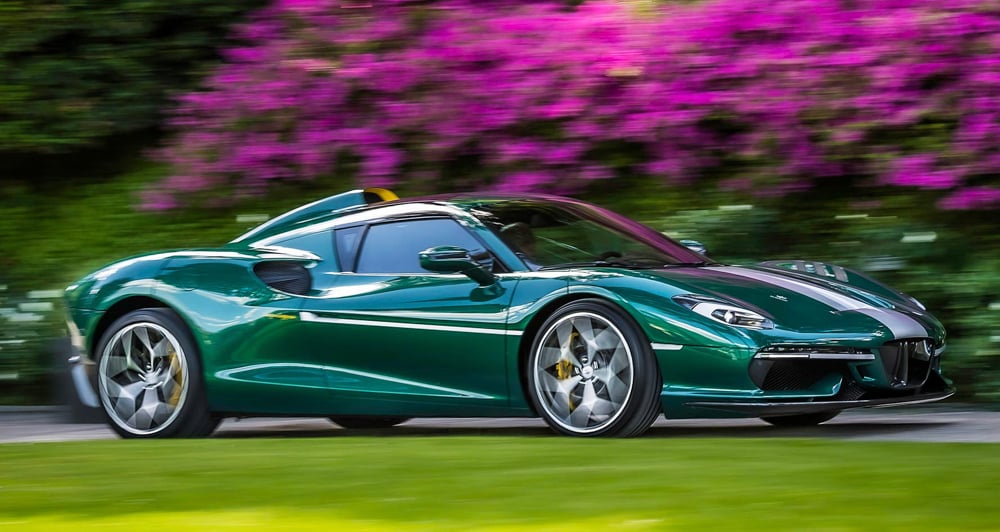
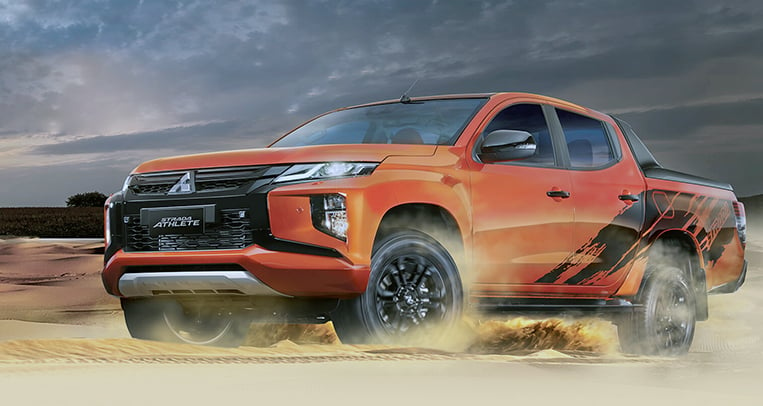
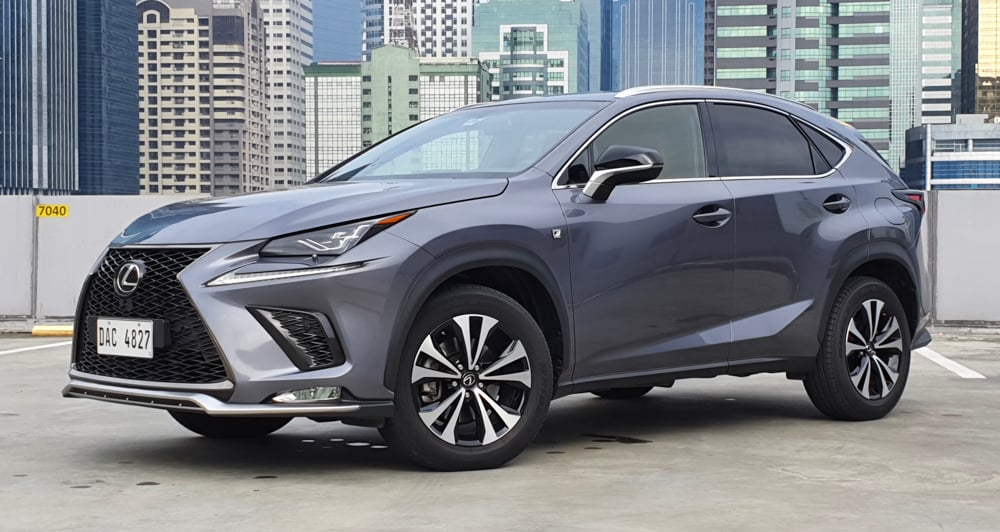
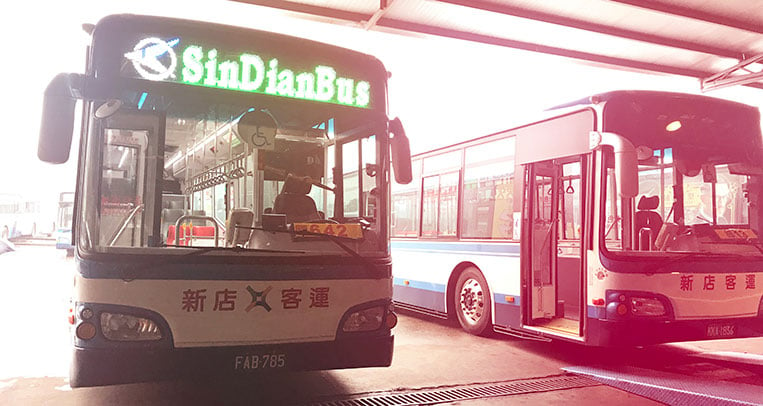
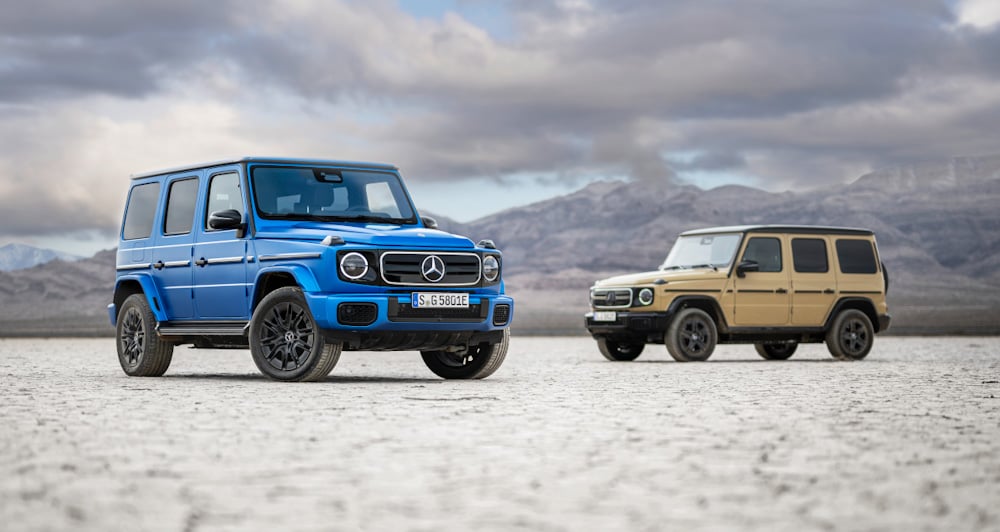
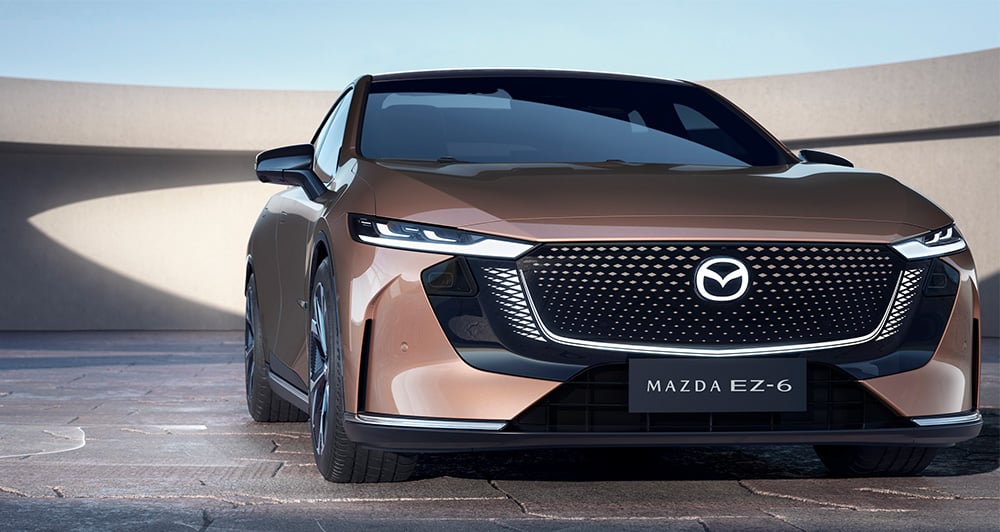
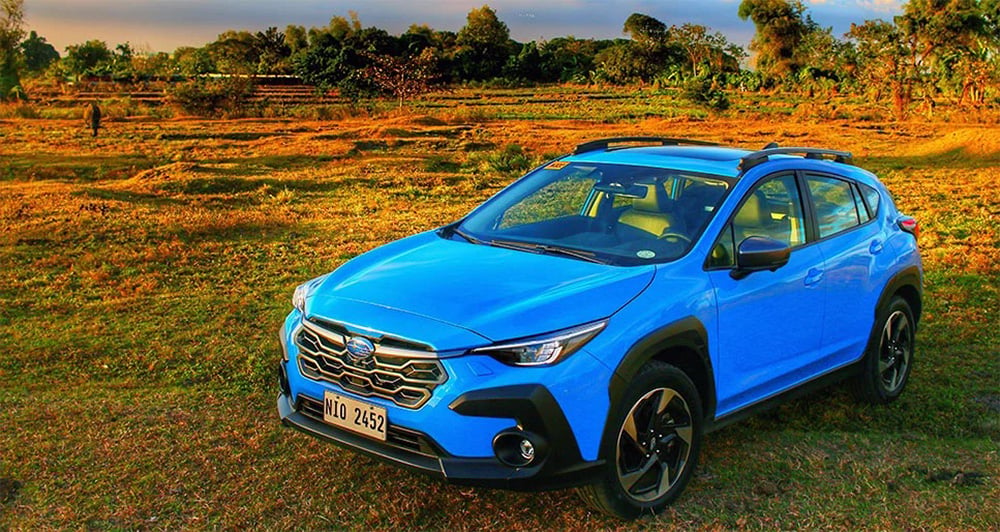
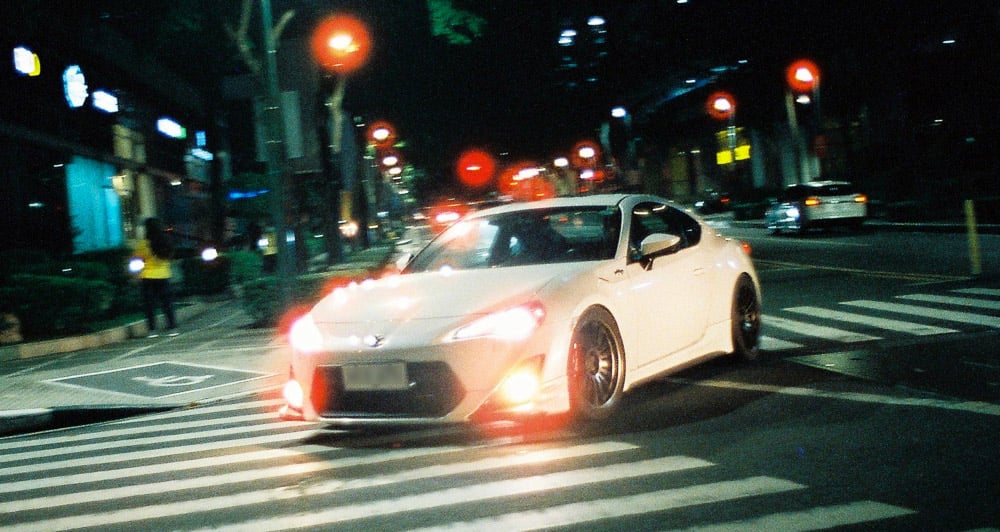
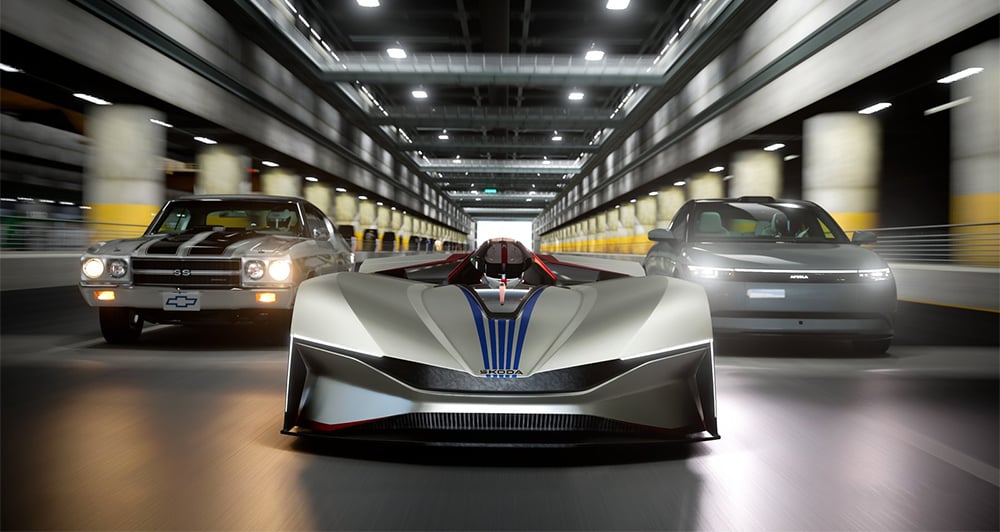
Comments